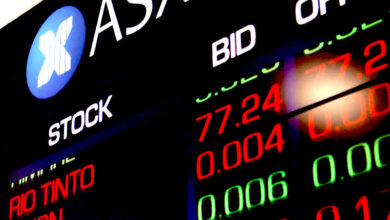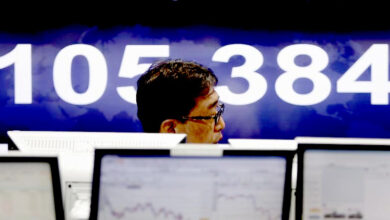The regulator says that Telstra will have to address competition concerns about Optus’s 5G rollout.

(Reuters) -The country’s competition regulator said on Wednesday that Australian telecoms company Telstra (OTC:TLSYY) Corp will de-register some radio-communications sites that were getting in the way of Optus’ plans to roll out its 5G network. This will help address concerns about competition.
The Australian Competition and Consumer Commission (ACCC) said it was worried about Telstra’s registration of radio-communications sites in a low-band spectrum, which is likely to have stopped Optus, the local branch of Singapore’s Singtel, from setting up its 5G network in Australia.
“We don’t agree with the ACCC’s view that this could hurt competition,” a Telstra spokesperson said. “We have filed to de-register several sites because we think the case could drag on for a long time and cost a lot of money and time.”
The spokesperson said that Telstra will continue to use equipment and sites in places where Optus is not yet rolling out.
Telstra has licences for parts of the 900 MHz low-band spectrum that run out in June 2024. These low-band spectrums can send signals over longer distances and are very important for putting together a 5G network.
“Telstra’s promise will make sure Optus can’t be stopped from expanding its 5G rollout,” said ACCC commissioner Liza Carver. “This will give more Australians in rural and urban areas a choice of 5G services.”
The Australian Communications and Media Authority (ACMA) said that Telstra registered 315 sites in the 900 megahertz band spectrum in January after it learned that Optus planned to ask the ACMA for early access.
So far, Telstra has taken 153 of these sites off the list.
The government agency said that Telstra has only used a small number of these sites to set up 3G services since the registration. Telstra said it moved 3G traffic to the 900 MHz spectrum to make things less crowded.
The telecom company must now unregister sites it registered in January, which would have stopped Optus from getting early access to the spectrum.
Andrew Sheridan, vice-president for regulatory and public affairs at Optus, said, “We are happy with what the ACCC has done to promote 5G competition for Australian consumers and businesses.”





